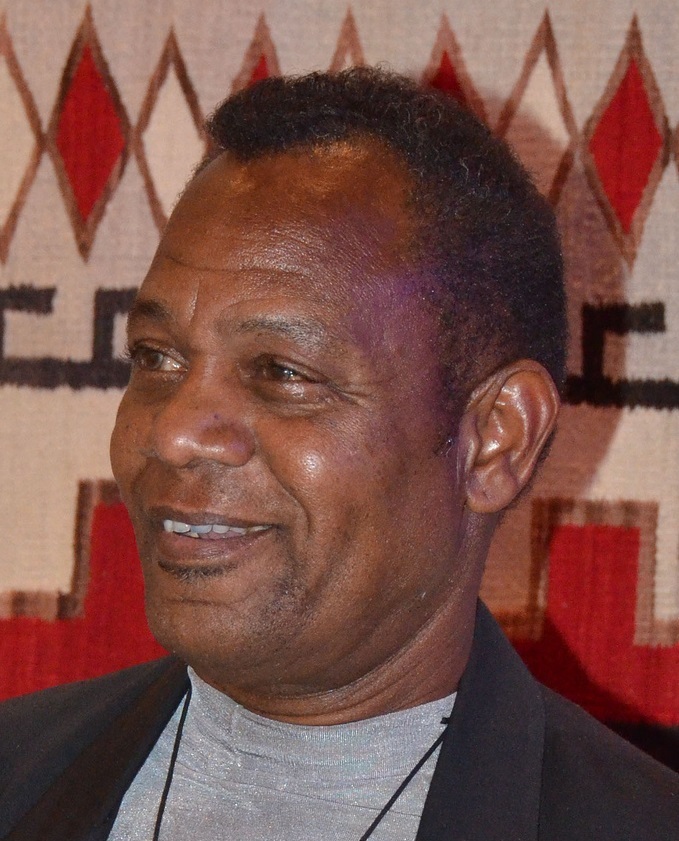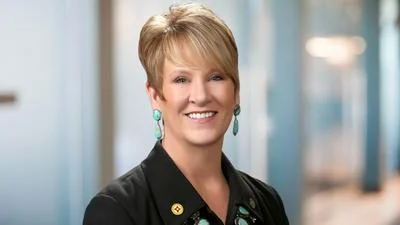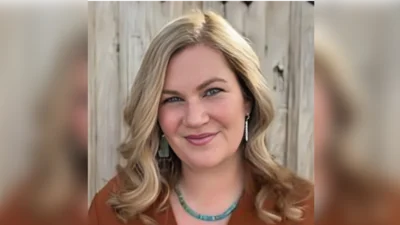COVID-19 stopped this year's march through Albuquerque in honor of Martin Luther King Jr. Day Monday, but one man turned out anyway, a local news outlet reported.
Local businessman and activist Josef Powdrell told KRQE that he couldn't stay away.

Albuquerque-area businessman and activist Josef Powdrell in a 2015 photo
| albuqhistsoc.org/
"We're all in this thing together – equally, not unequally," Powdrell said to the station. "And the message of victory is, 'Let's keep trying to improve life on the face of the United States, particularly here in Albuquerque, New Mexico."
Powdrell, who grew up in Crosbyton, Texas during segregation, KOAT reported, is best known in Albuquerque's business community for his family's restaurant, Mr. Powdrell's Barbeque House on 4th Street Northwest in Albuquerque. His local activism includes serving as the 22nd president of the Albuquerque chapter of the NAACP and urging African American Studies at his alma mater, the University of New Mexico.
This past October, Mayor Tim Keller and members of the city's Department of Arts & Culture and Arts Board dedicated a mural in King's honor by spray paint artist Noé Barnett at Tijeras Avenue and 1st Street Northwest in downtown Albuquerque.
The sharp spike in COVID-19 cases this month, particularly in the coronavirus omicron variant, led to the decision to postpone the planned march through Albuquerque in King's honor.
Powdrell visited the Martin Luther King Jr. monument in downtown Albuquerque to pay his respects, despite the mounting COVID-19 cases. Powdrell told KRQE that King is more important to the nation than most people realize, even after so many years after his death and when his birthday is commemorated as a national holiday.
Born in Atlanta in 1929, King was the son of a Baptist preacher and he received a doctorate degree in theology before 1955, when he organized the successful Montgomery Bus Boycott. King's policy of nonviolent resistance was influenced by Mohandas Gandhi, who used the same strategy a generation before in an ultimately successful campaign to win India's independence from British rule.
King many times used his skills as a talented orator, including one of his most famous speeches, now best know as his "I have a dream" speech, he delivered on the steps of the Lincoln Memorial in August of 1963. In that speech, King famously announced, "I have a dream that my four little children will one day live in a nation where they will not be judged by the color of their skin but by the content of their character."
In 1964 he received the Nobel Peace Prize for his work in the Civil Rights Movement. He remains the youngest man to have ever received the award and was the youngest person until girls' rights and education advocate Malala Yousafzai received the Nobel peace laurel at 17.









